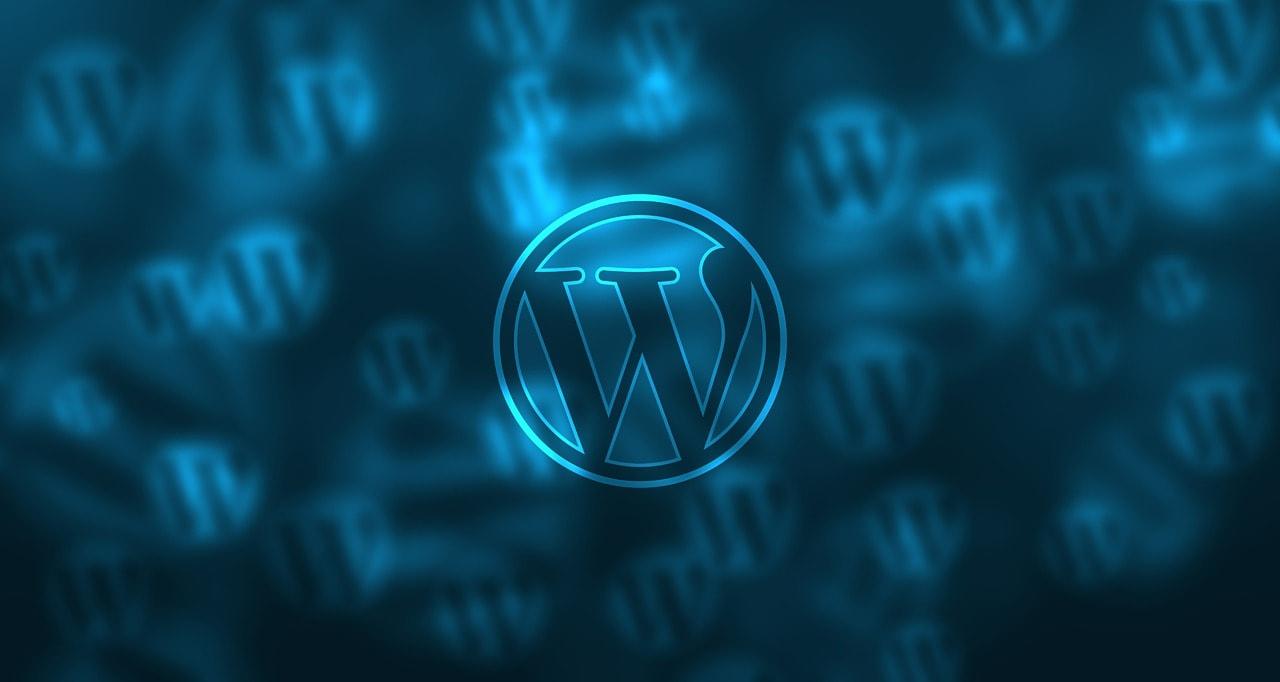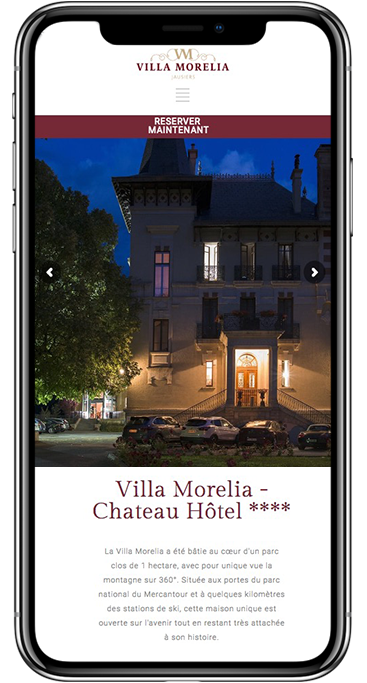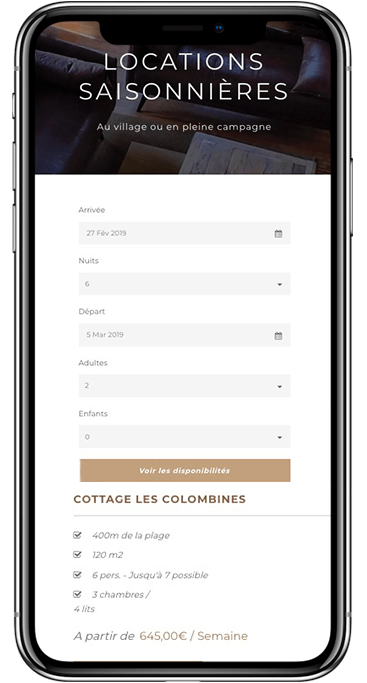Managing a hotel establishment
Owning a hotel, whether it's an inn, a restaurant or a B&B, is a huge responsibility in itself.
This responsibility is all the greater because of the fierce competition in the sector in some places. These days, the considerable weight of commercial and promotional responsibility can be delegated to communications agencies, via the creation of a website. We won't go into the advantages of creating a website for your hotel establishment in this article. These can be found in our web-marketing guide
Creating your website with WordPress
The policies of web agencies in terms of creation bases are varied and unfortunately not always known to the customer. They have the choice of:
- Building a hotel website from a blank pageThe agency builds a website from scratch, coding it line by line. While this practice was common before the advent of CMSThis is no longer of commercial or practical interest. So, for the vast majority, politics will be one of the following.
- Building a site from a Proprietary CMSA proprietary CMS is a website structure developed by a web agency in-house for the specific needs of a client and/or to ensure that it always has control over the website it creates. This is the way many, if not most, agencies operate these days. It's a roundabout way of ensuring that the client stays with you: the client pays for the website, but can never really 'walk away with it' or change manager if the agency no longer suits them. Similarly, if the agency were to close down, the customer could find himself with a site that was unusable, offline and/or impossible to update. The web agency that has developed this system, which it 'owns', retains full control of it in all circumstances. Any bugs can only be solved by their teams.
- Building a site using a public or open source CMS: type WordPressJoomla, etc. The web agency Hotel Web-Design designs the sites it commissions solely on the basis of WordPress. This website structure has a public code base known as "open source", to which everyone has access and which can be modified at will. Please note that this does not mean that your site is vulnerable, but rather that all the configuration options - from the layout of each element on the page to the user interface - can be customised at will and without restriction.
WordPress is an Open Source structure that has the great advantage of relying on a very large community of developers who constantly enhance the range and stability of this structure by developing plugins/modules that can be downloaded from the site interface. These modules are free or chargeable, depending on the business model of the developer offering them. The most important thing from the customer's point of view is that the site built on this basis is operable and understandable by everyone, which offers the possibility of future migration, full ownership and regular security updates, regardless of the company that set it up.
WordPress now accounts for more than a third of all websites on the web. It's a system with a proven track record in terms of reliability, ergonomics and practicality, and it has a bright future ahead of it.





